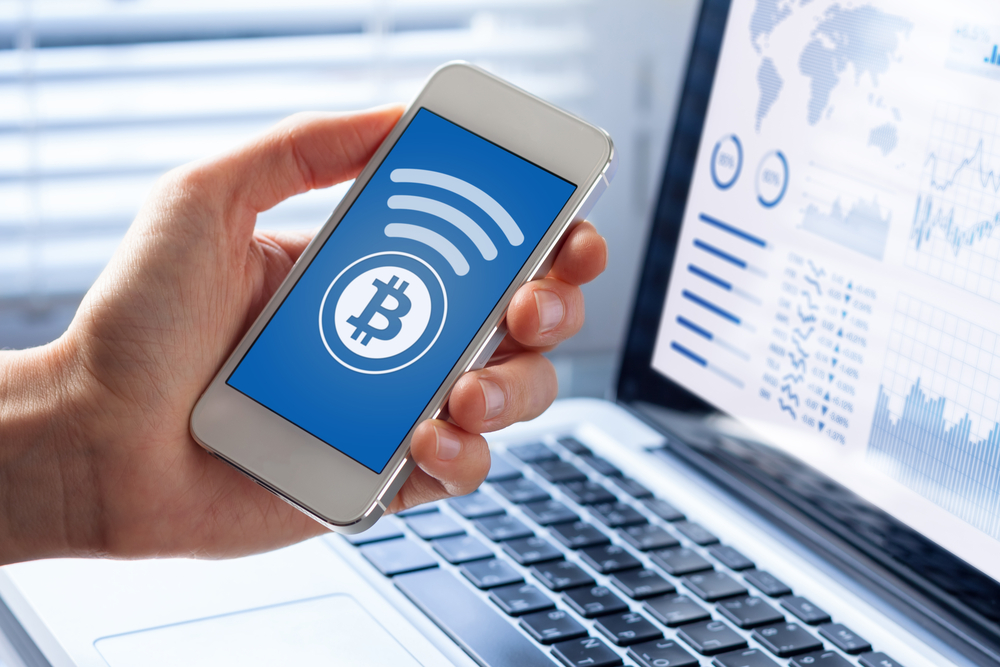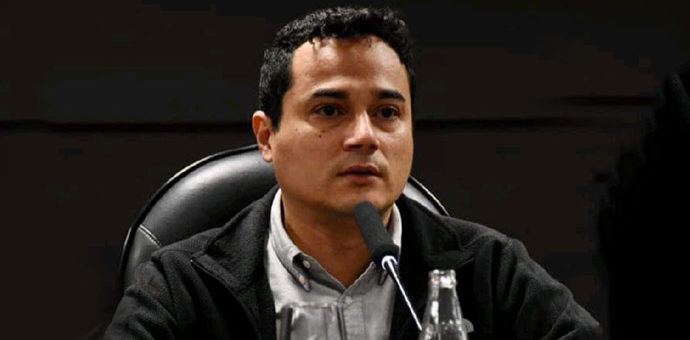The Code of Conduct and Self-Regulation launched by the Brazilian Association of Cryptoeconomics (ABCripto) should be a relevant instrument in reducing the operational risk of the sector and expanding investor’s safety mechanisms, says the association’s executive director, Safiri Felix. In an interview to PanoramaCrypto, the executive talks about the bases of the document’s elaboration, the increase in the maturity of the market and the next steps of the association.
What is the importance of the self-regulatory code?
It is a proof of the sector’s maturity process and it mainly signals the ability of self-organization of market agents, while discussing the bills to regulate the cryptoassets that are being processed in Brasilia. Now we have a document that establishes practical guidelines to adapt the operational policies of cryptoasset companies in Brazil, according to international best practices. With this, the sector can address the main concerns raised by regulators.
What were the international references used in the elaboration of this code?
The basis was the procedures that the companies already use and processes that have matured in recent years. We have created an exchange of experiences between ABCripto members and the professionals part of the compliance teams and other areas that interface with regulators to elaborate this material. We also set ourselves guidelines from agencies such as FATF –Financial Action Task Force – and regulatory models from other countries. Based on this, we established guidelines to mitigate the companies’ risks with the adoption of internal practices.
What are the main guidelines of the code?
They are mainly policies related to the fight against money laundering and terrorism financing, always giving companies the flexibility to define their internal policies. Our guidelines address the main concerns shown by regulators. And we also offer guidance related to KYT (know your transaction). Members receive a manual on how to implement these policies in the day-to-day business.

Do bitcoin and other cryptoassets allow traceability of transactions?
There are blockchain analysis software that are able to track these transactions between the various addresses of the network. It does not necessarily need to investigate, but it needs to ensure proper custody of this information so that, if necessary, this information is passed on to the authorities.
And how does this data supply look in the context of the LGPD?
All companies, regardless of the sector of activity, will have to agree with the LGPD. There are several debates on how to address these determinations considering that, by nature, data stored on the blockchain is public and immutable, but specific parameters have not yet been established for cryptoassets transactions.
And what about the KYC, what changes with this self-regulation?
Normative Instruction 1888 already determines the KYC parameters for exchanges. What the code establishes are good practices to provide the information required by the IRS, allowing some flexibility. For example, the intermediary might understand that it is only needed to require additional documents according to a certain transaction value. That is, the code allows companies to adapt these policies to their reality and business model.
Does this somehow address the perception that the demands on crypto companies are too heavy?
There is a minimum that is acceptable for companies to provide the service safely, in order to keep their banking relationship functioning, which is one of the bottlenecks in the industry today. What we do is guide companies to establish parameters capable of enabling business development, properly addressing the necessary information for adequate levels of compliance.
For that reason, could it be considered that self-regulation act as a guideline for businesses?
Exactly, it is a guideline, an orientation on what are the minimum requirements that ensure business compliance.

Is self-regulation as effective as government regulation?
Only time will tell. If it is possible to expand investor’s safety mechanisms, increase the level of transparency and reduce the level of asymmetry of market information, then the goals of self-regulation will have been met. But this is a dynamic process, which depends on the performance and receptivity of the agents. Self-regulation allows parameters to be updated as needed.
Is there already a line of work for this evolution?
Now we’re working on implementing this governance model. And opening, from September, membership or other affiliates. And we will continue our agenda of active participation in debates in the most varied spheres. The update depends on the need and consensus among the members.
Have you consulted the CVM ( Securities and Exchange Commission) or there was any joint collaboration to issue the document ?
We usually participate in forums with the CVM, but this code itself does not have much to do with the mentioned regional authority. According to their previous statements, the instruments only become their responsibility when they have securities’ features. Therefore the bitcoin definitely doesn’t fit that definition. And the other tokens currently in trading in Brazil don’t fit as well.
What are ABCrypto’s next initiatives?
We are beginning to map the sector aiming to have more reliable data and more structured information based on the reality of the Brazilian market.







